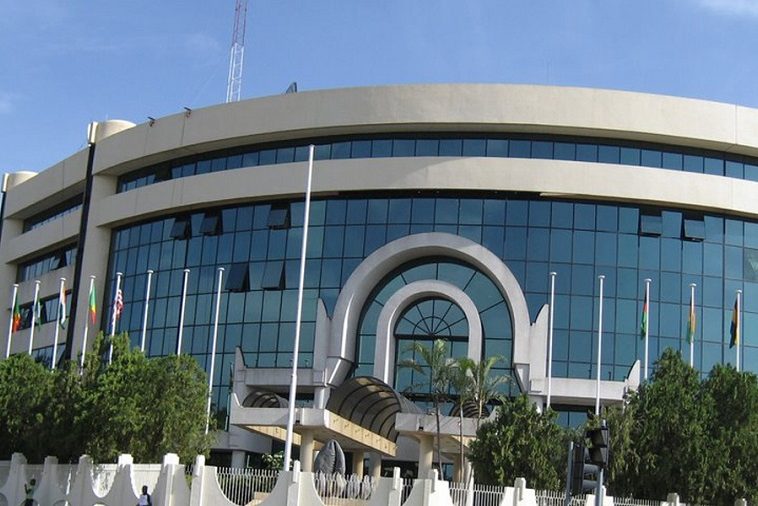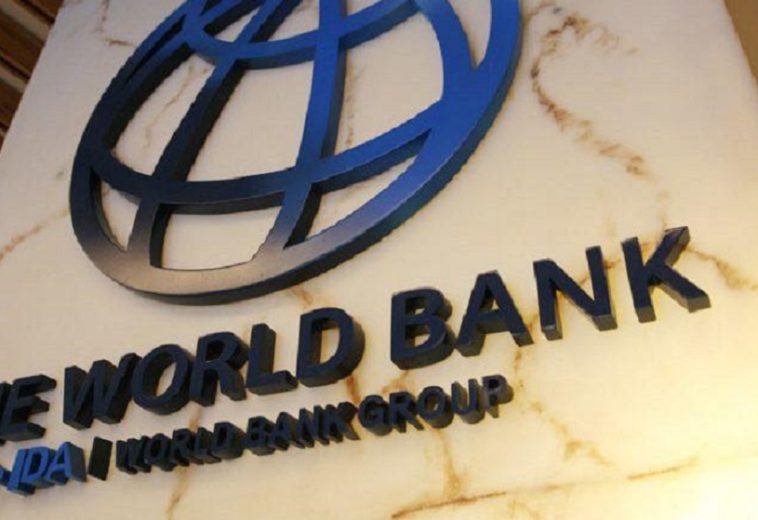The United Kingdom is experiencing its most severe rioting in 13 years as anti-immigration protests spread across multiple towns and cities. The unrest, fuelled by misinformation and anti-immigration sentiments, has left a trail of destruction and chaos.
The initial spark was a devastating attack that claimed the lives of three young girls in Southport on 29th July. However, the ensuing chaos was directed not at the perpetrator but at the broader immigrant community. False narratives circulated on social media, falsely linking the suspect, a British citizen of Rwandan descent, to immigration issues. This misinformation catalysed a wave of violence, with masked protesters targeting asylum-seeker hotels, clashing with police, and vandalising property.
Rotherham bore the brunt of the initial violence, with a hotel housing asylum seekers becoming a focal point for the enraged mob. The unrest quickly spread to Liverpool, Manchester, Bristol, and beyond, with each passing day bringing new outbreaks of disorder. Police forces across the country have been stretched to their limits, with over a hundred officers injured and numerous arrests made.
“We’re now seeing trouble flooding across major cities and towns,” said Tiffany Lynch of the Police Federation of England and Wales. The riots have been described as Islamophobic, racist, anti-immigration, and far-right. Misinformation on social media platforms led some protesters to believe that the suspect in the mass stabbing, a British citizen born in Cardiff to Rwandan parents, was a Muslim immigrant. This false information was spread by extremist groups, including the fascist National Front party and the British Movement.
The riots have spread to other parts of England, including London, Manchester, Hartlepool, and Aldershot, as well as Belfast in Northern Ireland. On 2nd August, rioting occurred in Sunderland, where a police station was set on fire, three police officers were injured, and several people were arrested. On 3rd August, far-right protesters clashed with police and counter-protesters in several locations, with a library in Liverpool being set on fire.
Prime Minister Keir Starmer has condemned the far-right actions and expressed support for the police in managing the situation. The government has also assured that the police have “all the resources they need” to handle the unrest, drafting in thousands of extra officers to contain the violence. The riots have exposed deep-seated societal divisions and the corrosive impact of misinformation. Far-right groups have been accused of stoking the flames of hatred and exploiting the tragedy for their ends, reflecting growing tensions in the country regarding political and social issues.
The government must take swift action to address these concerns and restore calm to the country. In the meantime, individuals must refrain from spreading misinformation and promoting hatred towards any group of people.
As the UK struggles to contain the unrest, leaders from all walks of life must come together to promote unity and understanding. The riots are a stark reminder of the importance of addressing these issues head-on and working towards a more harmonious society for all.




